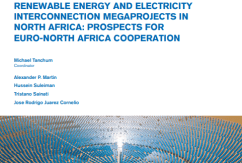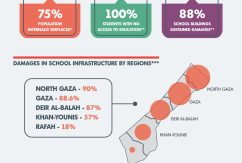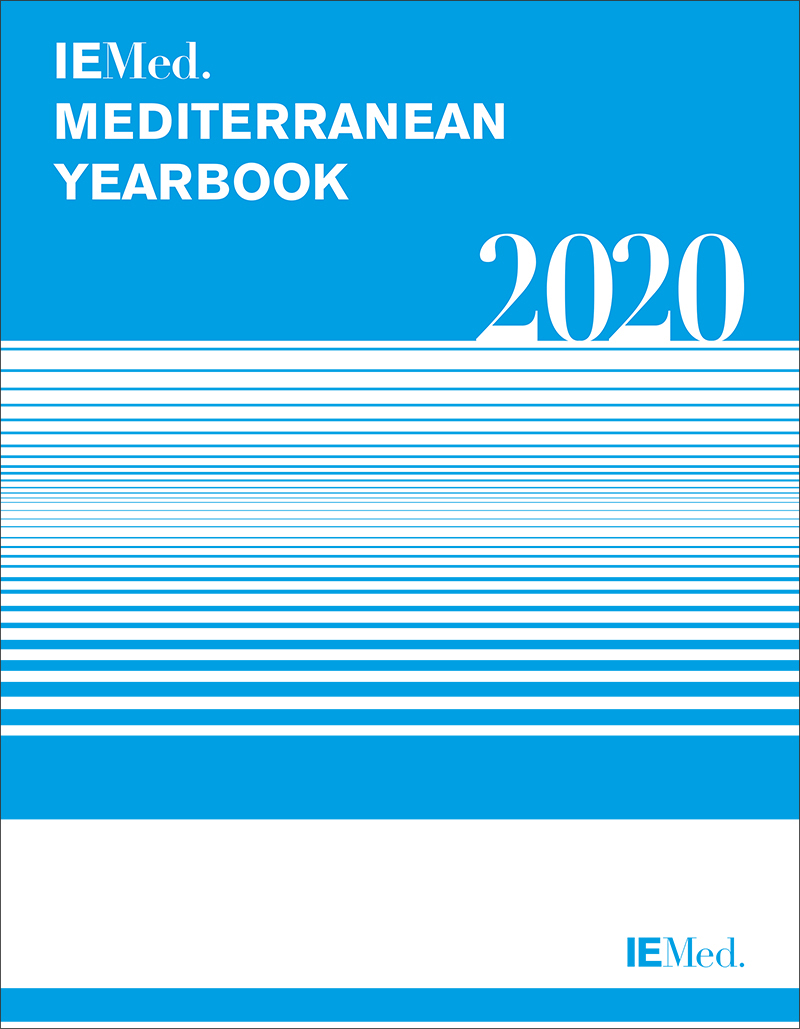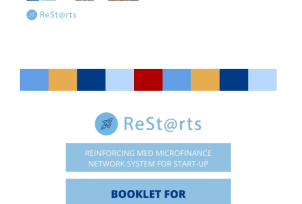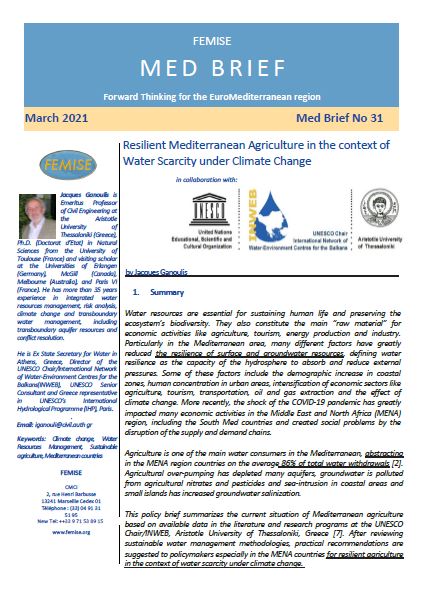FEMISE research paper FEM43-06 : Income Convergence and the Impact of the Euro-MED Trade and Financial Integration on Macroeconomic Volatility
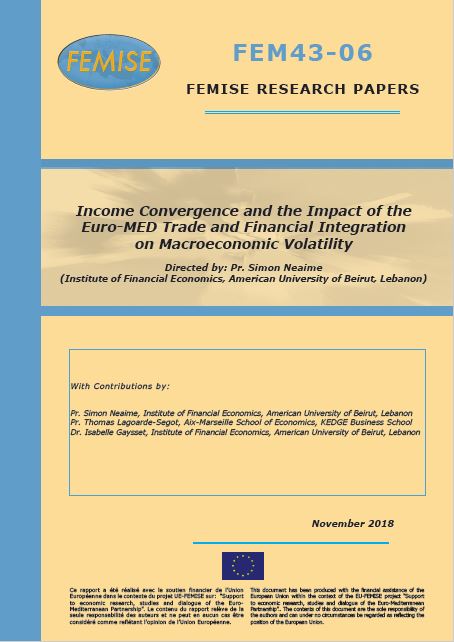
This research study assesses the degree of income convergence between the European and Mediterranean countries resulting from the trade agreements, as well as macroeconomic volatility effects of those policies on a selected sample of Mediterranean Partner countries (MPs), in order to identify the winners/losers from these trade agreements.
The main policy implications that emerge from the empirical results of this paper is that if the MED countries wish to achieve high economic growth they should pursue policies that further promote free trade and economic openness with the EU, as well provide an anchor of macroeconomic stability by means of policies that keep fiscal and monetary policies under control. Political and social unrest, as well as, financial and debt crises have a negative effect on economic growth and convergence in the region and, if possible, should be dealt with as soon as possible by appropriate political and macroeconomic policy action.
Other empirical results point to the fact that MED countries may be less susceptible to EU’s financial shocks if the domestic MED market is larger and/or more regulated.
In short, for further trade and financial integration with the EU, MPs need to individually devote more efforts to pursue sound macroeconomic policies. This should be coupled with institutional reforms aimed at developing the financial sector in the respective MED economies. Subsequently, MPs should try to integrate horizontally while at the same time opening up further vertically (to the EU).
One policy recommendation of the study is that MPs need to be more, not less, integrated with EU’s financial markets to be able to reap the benefits of financial integration in terms of improved risk sharing, and consumption smoothing opportunities.
Finally, the New European Neighborhood Policy provides a robust framework towards trade and financial assistance through deeper financial integration, greater access to the common market and better institutionalization of trade and financial relationships between the MED and EU countries.









